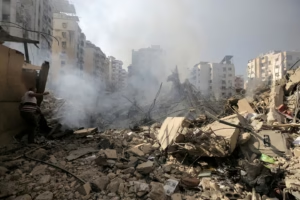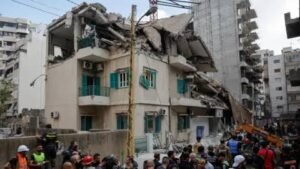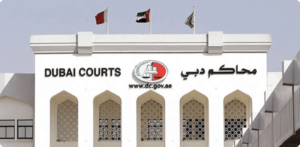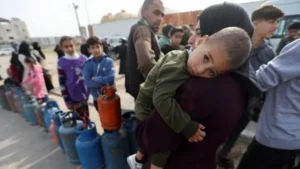Lebanese protesters express anger over economic crisis, burn down banks
The depreciation of local currency by more than 25 percent in just two days has sparked fierce protest in Lebanon, as major financial institutions were set ablaze.
On Thursday June 11, 2020, protesters incensed by the frightening economic situation in the country, trooped to major streets, blocked roads, burning tyres, debris and vehicles.
The demonstrations from northern Akkar and Tripoli to central Zouk, the eastern Bekaa Valley, Beirut and southern Tyre and Nabatieh were some of the most widespread in months of upheaval over a calamitous economic and financial crisis.
Protesters set ablaze a branch of the Central Bank, vandalised several private banks and clashed with security forces in several areas.
At least 41 people were injured in Tripoli alone, according to the Lebanese Red Cross.
“I’m really pissed off, that’s all. If politicians think they can burn our hearts like this the fire is going to reach them too,” one of the protesters, Ali Qassem, 26, said.
Tens of thousands of Lebanese have lost jobs in the past six months and hundreds of businesses have shuttered as a dollar shortage led the Lebanese pound to slide from 1,500 to $1 last summer – where it was pegged for 23 years – to roughly 4,000 for each US dollar last month.
But the slide turned into a freefall between Wednesday and Thursday when the pound plummeted to roughly 5,000 to $1 on black markets, which have become a main source of hard currency. There was widespread speculation the rate hit 6,000 or even 7,000 pounds to the dollar, though most markets stopped trading.
Prime Minister Hassan Diab cancelled all meetings scheduled for Friday to hold an emergency cabinet session at 9:30am and another at 3pm at the presidential palace to be headed by President Michel Aoun.
The pound’s collapse is the perhaps the biggest challenge yet for Diab’s young cabinet, which gained confidence in February after former prime minister Saad Hariri’s government was toppled by an unprecedented October uprising that had the country’s economic crisis at its core.








